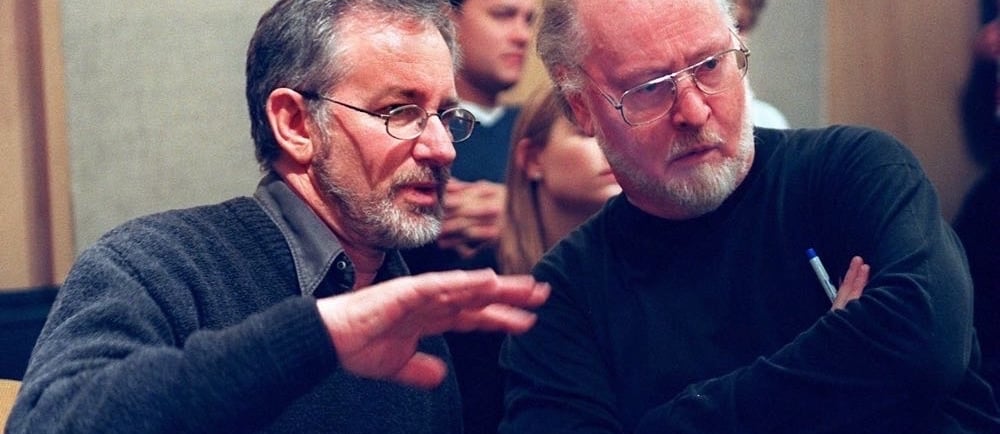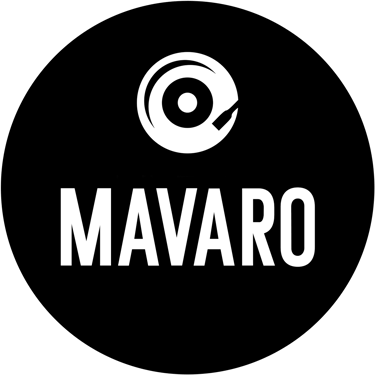What Makes a Great Film Score?
Discover what makes a great film score — and how music can shape story, pacing, and emotion. A practical guide for indie directors and producers.


A Director’s Guide to Musical Storytelling
A great film score isn't just background music; it's narrative, emotion, tension, release, silence, and storytelling — all wrapped in sound.
If you're a director or producer, this guide will help you understand what makes a great film score and how original music for film can deepen your story, not just decorate it.
No need for music theory, just a willingness to think in terms of pacing, energy, emotion, and character to achieve an impactful film score.
🎯 Music Is Not Decoration — It’s Structure
Film music is often treated as a finishing touch. But some of the most iconic and emotionally gripping films owe their power to sound.
Think of:
• The dread in the Jaws score
• The epic emotional arcs in the Gladiator soundtrack
• The instantly recognizable identity of the Pirates of the Caribbean music
• The magical wonder of the Harry Potter score
• The unforgettable drama in Morricone’s westerns (The Good, The Bad and The Ugly, Once Upon a Time in the West)
• The timeless character of James Bond’s theme music
• The eerie restraint in the Chernobyl score
These scores shaped genre, tone, character — and in many cases, became part of pop culture history.
🔍 1. What Does a Great Score Actually Do?
Let’s break it down.
🎭 Sets Tone and Genre
The right palette instantly tells us: what kind of story is this?
• A distorted synth texture that suggests psychological tension.
• Experimental sounds and techniques — like in Arrival — can imply unpredictability, tension, or emotional distance.
• Acoustic instruments or detuned pianos add human vulnerability — perfect for some types of drama.
Music is often the first cue the audience receives about how to watch a film.
💔 Reveals Emotion (Even When It’s Hidden)
In thrillers and dramas, characters don’t always say what they feel. Sometimes the music tells us.
Take There Will Be Blood. Daniel Plainview’s inner world is cold, violent, alien. But the film score (by Jonny Greenwood) screams when he doesn’t.
Music becomes the subtext. And in films where tension is built on subtle glances, stillness, or moral ambiguity — this is essential.
⏱ Shapes Pacing and Rhythm
A well-crafted cue can:
• Build energy across a slow scene
• Hold tension between silences
• Smooth hard cuts or mark emotional turning points
In Zodiac, notice how pacing is maintained over long investigative sequences. In Trapped or Broadchurch, slow, meditative themes match the cold pacing of the story.
Music gives scenes time to breathe — or pushes them forward when they stall.
🎼 Builds Identity: Characters, Places, Themes
In The Lord of the Rings, Howard Shore gave each location, race, and emotional state a different musical voice — from the soaring grandeur of Gondor to the earthy warmth of the Shire. These weren’t just melodies; they were musical identities for the film score, evolving across the entire trilogy.
You don’t need a sweeping orchestral theme for this to work. Sometimes identity comes from:
• A recurring soundscape, like the haunting textures in Chernobyl
• A minimalist motif, like the cold, minimal piano in Mindhunter
• A signature instrument or texture (like the Joker’s presence in The Dark Knight, signaled by a single, rising, dissonant pitch.)
Done right, thematic material can subtly tie your film together — even when the audience doesn’t notice.
🧩 Creates Contrast and Subtext
Sometimes the best music doesn’t mirror the scene — it undercuts it.
• A calm cue over a violent act (think Chernobyl) creates emotional distance — or horror.
• A nostalgic piece over a reveal of betrayal (The Social Network) creates conflict in the viewer.
• Silence at the peak of an emotional scene forces the audience to sit with the discomfort.
Great scores don’t always agree with the images. And that’s what makes them powerful.
🎵 2. It’s Not About “Beautiful” Music
The best scores don’t always aim for beauty.
They aim for truth.
In Sicario, much of the score is almost noise, not music. In Chernobyl, it’s recordings of radioactive places turned into drones. In The Girl With The Dragon Tattoo, it’s minimalist pulses.
A beautiful score that says the wrong thing emotionally… is a mistake.
A rough, strange score that reveals something true about your film? That’s gold.
💡 “A great score doesn’t say what’s happening — it reveals what it means.”
🎙️ 3. Your Composer Is a Storytelling Partner
As composers, we’re not just there to “fill in the gaps.” We’re collaborators.
We ask:
• What’s really happening in this scene?
• What’s being said without words?
• Where’s the turning point — the real one, not just the cut?
Think of us as narrative editors — shaping rhythm, tension, and emotion through sound.
The earlier you bring us in, the more deeply we can contribute. That’s why spotting sessions are so powerful: they’re not about placing music, they’re about exploring why it’s there at all.
🗣️ 4. What You Can Do as a Director
When talking to your composer, you don’t need to talk about instrumentation or harmony. But you do need to be clear on:
• What the audience should feel
• What’s happening beneath the surface
• What kind of world the music is part of
Bring references — musical and visual. Talk about emotion, pacing, discomfort, contrast.
Let me know what not to do. Give context. Be honest.
Your clarity allows the film composer to write a truly great film score.
🎬 Final Thoughts: Story First, Always
The best scores don’t try to steal the spotlight — but they’re never passive either.
Think of the Indiana Jones theme, the Inception soundtrack, The Social Network score, The Dark Knight music. These iconic film scores don’t 'disappear' — they define the film’s identity. They turn scenes into cinema, moments into memory.
Great film music serves the story. Sometimes it whispers, sometimes it screams. And if it disappears, but your audience is holding their breath, crying, or gritting their teeth — then it’s working. But it always completes the narrative — and, in the best cases, helps make it unforgettable.
Want to Work with a Composer Who Thinks Like a Storyteller?
If you’re looking for an original film score that supports character, pacing, and emotion — not just 'background tracks' — I'd love to collaborate as your film composer.
✉️ Contact me
Marco Valerio Romano
⸻
You might also like:
How to Choose a Composer for Your Independent Film
How and Where to Find a Composer for Your Indie Film
How Much Does an Original Score for a Short Film Cost in 2025?
When Should You Hire a Composer for Your Film?
How Long Does It Take to Score a Film?
Can You Use That Music in Your Film? (Even If It’s Just a Cover or You Edited It)
How to Give the Composer Directions for Your Original Film Score
How to Export Files for the Composer and Audio Post-Production

